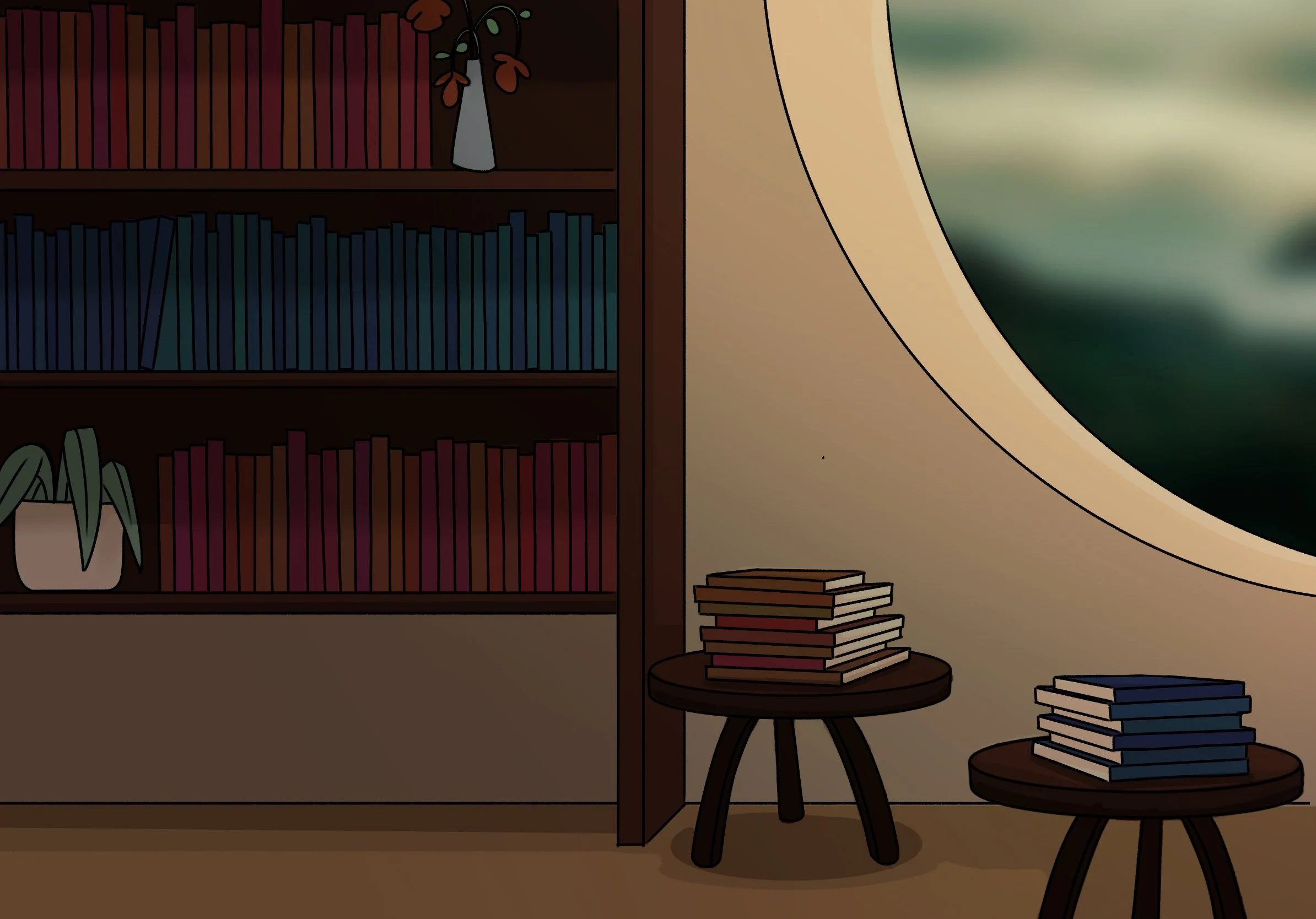REJECTS, WE SUMMON YOU! (How getting rejected helped me be more confident as a writer)
Every writer knows the feeling of finishing a beautiful piece and dreaming of getting it published. More often than not, they stop themselves from putting it out into the world because they fear rejection. They ask themselves: “What if my writing isn’t good enough? What if everyone hates it?”
It’s even worse if they’ve already submitted something to a literature magazine, a writing contest, or even a literary agent, but they received outright rejections. It stings and it can take a hit on your confidence.
I want to talk about what I did to overcome that fear of rejection. Well, that’s an overstatement. I’ll talk about what reduced my fear of getting rejected.
The fear of rejection consumed me, preventing me from submitting my work to a literary magazine. I was even afraid to show my writing to friends and family. The act of keeping everything to myself and feeling like an impostor created a sense of safety. I was insecure about everything I produced. Even if I was proud of something, I told myself that others would hate it.
Now, despite my fear, I muster up the courage and submit my work regardless.
I’ve been writing on and off since I was ten years old and that was almost nine years ago–so I’ve accumulated quite a few poems and short stories over the years. No matter how many stories I wrote, there was this undeniable fear of failure. I put my work in the depths of a drawer, never to be read by another person. I kept my writing as close as possible to my heart and shoved it into every nook and cranny I could find.
Of course I kept on writing because I loved it, but secretly I still dreamed of getting recognized for my work and publishing it.
This went on for a long time until I did something about my problem. Adia’s Instagram post about a “rejection club” caught my attention, even though I didn’t know what it was. I joined that community without knowing anything except that they had a weird goal: to get rejected as many times as possible.
Shocking, right? Who in their right mind would want to get rejected?
The people at the rejection club do.
In essence, it’s exposure therapy; and dealing with your negative feelings in a community helps with processing them. The overall idea is that you get used to rejection while also making rejections fun. You put yourself out there as many times as possible to shut up the little demon in your brain telling you that getting rejected is the worst thing ever.
By tracking submissions for each member, both rejections and acceptances are recorded–but only rejections give you points. No matter the outcome of your submissions, you're encouraged and celebrated by fellow writers. Plus, whoever was rejected the most throughout the year wins!
Despite not having a very competitive personality, I started craving rejection…and the first time I got an acceptance letter I was almost disappointed. As weird as that sounds, it is true. I expected a rejection and was eyeing a higher spot on the leaderboard, so I was surprised when my work got published in the magazine instead.
If a rejection stings particularly badly, you are encouraged to talk about it with the group. One magazine in particular rejected all twenty members of the group. This turned into the idea of a weekly “flood” that would make it easier to decide which magazine to submit to. An interesting effect of this is that the rejection doesn’t feel as bad when your friends were rejected, too.
You may already be aware that the world of literary magazines is scary and can feel rather mysterious if you don’t know where to start. With the incentive of winning the rejection competition, it was easier for me to just send out pieces and see where they went.
The rejection club was also helpful because I could learn from writers who had more experience than me. I was constantly asking questions and learning new things about the entire process.
Where the hell am I supposed to find magazines?
What do their submission guidelines mean?
What do I include in my author bio?
How am I supposed to know what a cover letter is?
Thanks to my friends, I didn’t have to know because they happily answered my questions and even sent me their cover letters for reference. After the first couple of submissions, I got the hang of it.
So far, five of my works have been rejected and I was accepted into three magazines. This gives me publishing experience and really helps familiarize myself with literary magazines.
Surprisingly, the whole ordeal has also helped me write more because I now have the motivation to submit and produce more work. It is the perfect opportunity to get comfortable with strangers reading my work and I plan on continuously celebrating my rejections, whether with friends or alone.
I can hear all the terrified writers thinking: „Getting rid of my fear of rejection sounds fun, but I don‘t want to be published in literary magazines, that‘s scary.“
Fear not, I have a solution for you. If you want to get critical and positive feedback without publishing your work (yet), you should post your story on storyforge!
All kinds of writers post their work on there, and love to give you actionable feedback. If you want to know the people who give you feedback you can build your own Writer‘s Circle and make friends along the way.
If you ever have the opportunity to join a rejection club I suggest you do!
You can find more information on Adia’s Rejection club through her Instagram:
@cryptic.cryptid.writes. I hope you consider joining our club of rejects (it’s not a cult I swear).
This article was written by Remus, a Story Scout and member of the StoryForge community. Chat with us about guest writing at info@storyforge.com.

